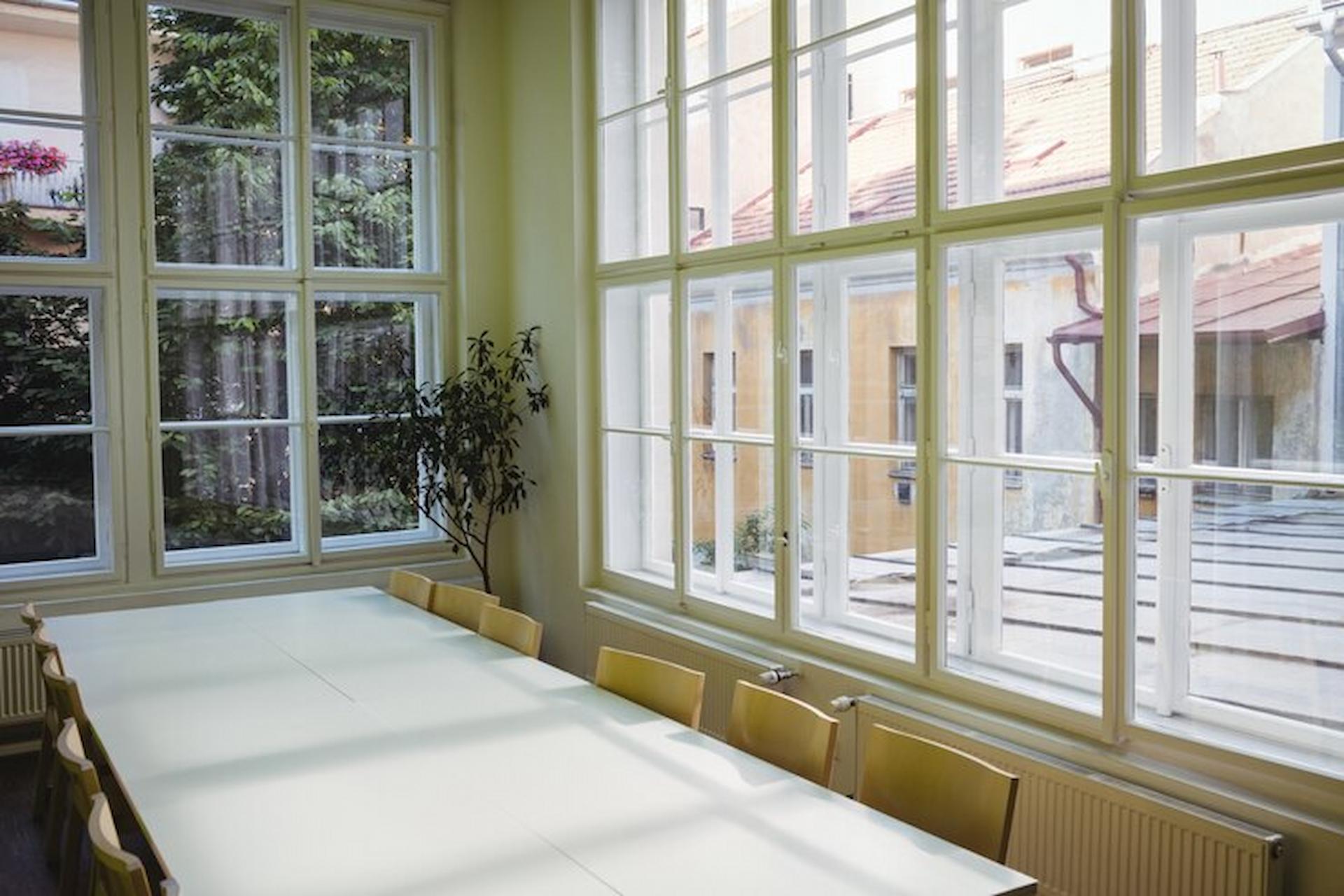When it comes to home improvement, few things offer the same blend of functionality and aesthetic appeal as double glazed windows and doors. The benefits of enhanced insulation, noise reduction, and energy efficiency have made them a popular choice for homeowners. However, selecting the right glass is the key to maximising these advantages. In this guide, we’ll explore the factors to consider when choosing glass for your double glazed windows and doors, ensuring you make an informed decision that aligns with your needs.
Understanding the Basics
Double glazed windows consist of two panes of glass separated by a gap filled with either air or an inert gas like argon. This design significantly improves insulation compared to single-pane windows. However, the type of glass used plays a crucial role in determining the overall performance of your double glazed windows and doors.
Factors to Consider
Glass Thickness
The thickness of the glass is a vital factor influencing insulation and security. Thicker glass provides better insulation against temperature variations and external noise. It also adds an extra layer of protection to your home. Consult with professional double glazing companies to determine the optimal thickness for your requirements.
Low-E Coating
Low-E (low-emissivity) coatings are thin, virtually invisible layers applied to the glass surface. They help control the heat that passes through the glass, making your home more energy-efficient. This is particularly beneficial in climates with extreme temperatures. When discussing options with double glazing companies, inquire about Low-E coatings and their impact on energy efficiency.
U-Value
The U-value measures the rate at which heat transfers through the glass. A lower U-value indicates better insulation. Professional double glazing companies can provide guidance on choosing glass with an appropriate U-value based on your location and climate.
Solar Heat Gain Coefficient (SHGC)
SHGC measures the amount of solar radiation that enters your home through the glass. It’s a crucial factor in managing indoor temperatures. Opt for a glass with a balanced SHGC to control heat gain without sacrificing natural light.
Sound Insulation
If noise reduction is a priority, consider glass with soundproofing features. Double glazed windows inherently reduce noise, but selecting glass designed specifically for sound insulation can further enhance tranquillity within your home.
Consulting Professional Double Glazing Companies
Making these decisions can be overwhelming, but professionals like double glazing companies Beaconsfield can simplify the process. Schedule consultations with reputable providers to discuss your specific needs, budget constraints, and design preferences. Their expertise can guide you in selecting the most suitable glass for your double glazed windows and doors.
Persuasive Elements
Investing in quality glass enhances the immediate benefits of double glazed windows and doors and contributes to long-term savings. Energy-efficient glass can significantly reduce heating and cooling costs, making it a cost-effective choice in the long run. Additionally, the enhanced security features of certain glass types provide added peace of mind for homeowners.
Conclusion
Choosing the right glass for your double glazed windows and doors is a pivotal decision that impacts your home’s comfort, energy efficiency, and overall aesthetic appeal. By understanding the basic factors and consulting with professional double glazing companies, you can make an informed choice that aligns with your unique requirements. Remember, the right glass transforms your double glazed windows and doors from a functional investment into a valuable asset that enhances the quality of your living space.

